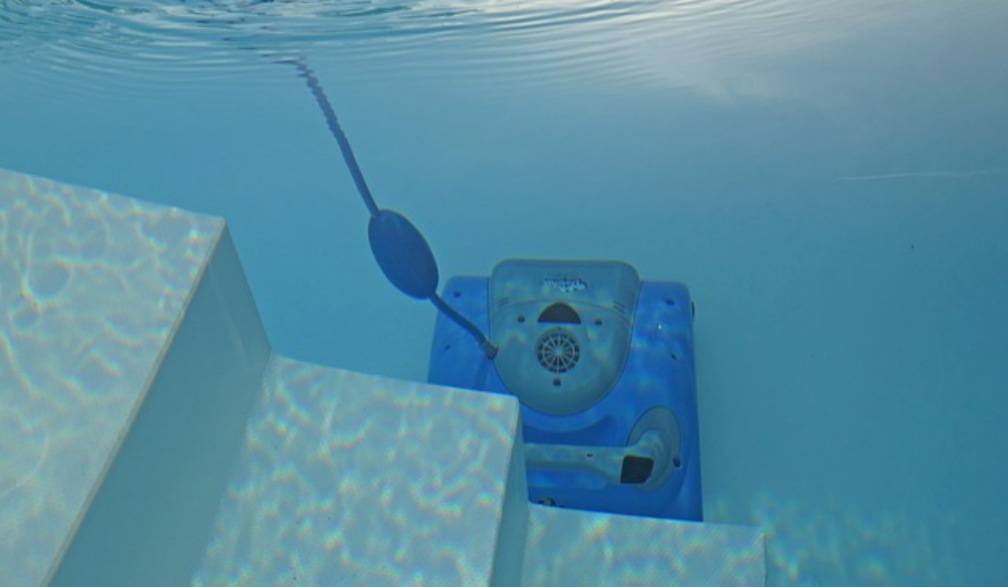7 Pool Maintenance Tips

Pool maintenance is a commitment every property owner must make. It involves cleanings, PH balance correction, keeping a pristine appearance, filter checkups, and more. Regular pool maintenance is an excellent way to increase its longevity while avoiding issues with unwanted debris and filters. It also helps prevent health risks by prioritizing security. Pool maintenance allows you to correct your pool's chemical balance, preventing eye and skin irritation.
Maintaining your pool regularly enables you to identify issues that, if ignored, could be costly down the line. It allows you to correct issues as they occur while keeping your pool in good condition. This saves money by cutting unnecessary costs associated with neglecting pool care. This article outlines seven pool maintenance tips.
Use the right pool swimming chemicals
Swimming pool chemicals, such as Hyclor pool chemicals, control bacteria, and algae growth, kill germs, balance PH levels, and ensure the water isn't too alkaline or acidic. They also improve water quality and clogging or corrosion of water equipment. While these chemicals are great for your pool, they can be hazardous if used poorly. Pool chemicals that get into contact with living tissues may result in various reactions that can be severely damaging or irritating.
If one inhales the odor or dust from these chemicals, they might experience choking, coughing, shortness of breath, and chest discomfort. If the chemicals get into your eyes, it may result in eye damage, redness, and tearing. To protect yourself against these effects, adhere to the product label directions and wear the required safety gear, including eye protection and gloves.
Maintain the right water chemistry
Maintaining the right water chemistry as a pool owner should be among your top priorities. Corrosive water or incorrect water chemistry can damage pool surfaces, equipment, bathers, and decks. Maintaining the right pool water balance ensures proper tool maintenance, keeps swimmers comfortable and ensures the water is safe for swimming. Consider scheduling bi-weekly pool water testing with a local pool expert. Stick to the recommendations and adjustments suggested by the professional.
Clean your pool filter
All pool filters, including diatomaceous earth, sand, and cartridge, require regular cleaning based on how often you use your pool. Cleaning your filter more regularly than recommended can impact the filtration process. To determine the right time to clean your pool filter, look for warning signs, including unusual pool odor, ineffective hose cleaner, and clogged drain.
Shock your pool
Pool shocking helps remove chlorine particles from the water. It eliminates bacteria and bather wasters after heavy pool usage, visible algae removal, and contamination events. If your pool is bromine-treated, pool shocking helps reactivate the bromine ions. You can also shock your pool to eliminate organic contaminants from air pollution, leaves, and dirt. Your swimming pool may not need shocking unless you’re removing chloramines, algae, bacteria, or other pollutants. You may also shock your pool to clear cloudy water or other water issues. While you can test your pool water for chloramines and sea algae, bacteria and other germs are invisible. Consider shocking your pool at least every three or four weeks, even if your water is clean and clear.
Check your water level
A lot of water gets lost during the swimming season primarily due to evaporation and the usual wear and tear, including splashing, swimming, and leaving the pool. If you don't maintain your water at a suitable level, it may cause your filters and skimmers to have difficulties maintaining your pool's cleanliness. Consider checking your pool water levels when you remove debris using a skimmer. If your water level is low, increase it to safe levels with a garden hose.
Vacuum the pool for debris and dirt
Keeping your pool's surface dirt-free is an excellent way to avoid infections. To remove algae and debris from your pool easily, consider vacuuming it. Thoroughly clean your pool once every week. Brush the pool’s floors, steps, and walls to remove debris and dirt. Skim the pool floor and water surface to remove leaves.
Hire a professional pool cleaning service
Pool cleaning services provide you with a regular maintenance option. They also ensure thorough pool inspection to ensure your water features, equipment, walls, floorings, and other pool components are in good condition. Pool cleaning professionals have the experience and expertise to ensure the correct chemical balance.
As a pool owner, you might not have proper equipment maintenance knowledge. Hiring a pool cleaning expert will ensure your equipment is maintained correctly. Through a professional cleaning service, you can spot pool areas that are deteriorating and require extra maintenance to have them fixed immediately.
Endnote




